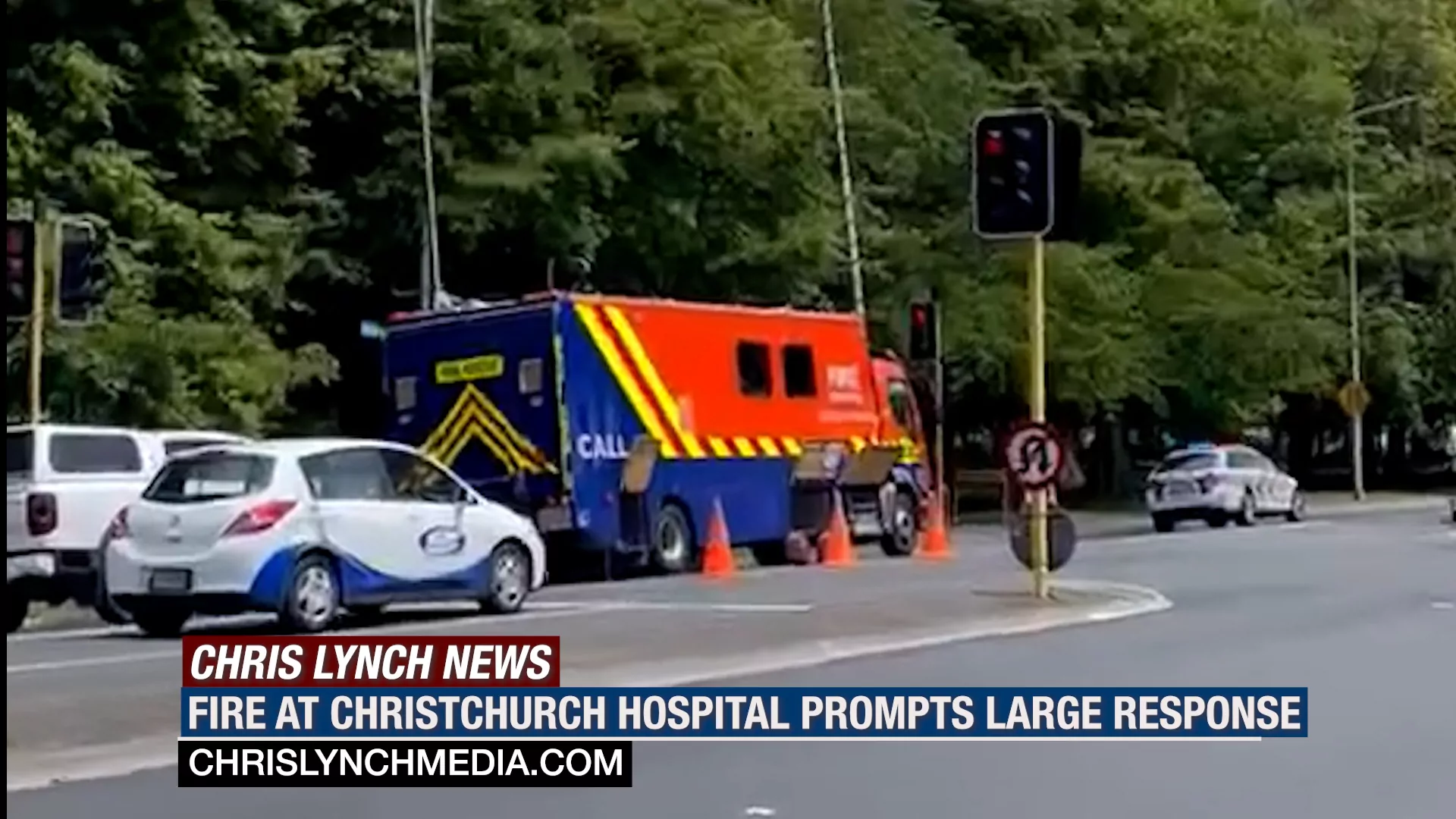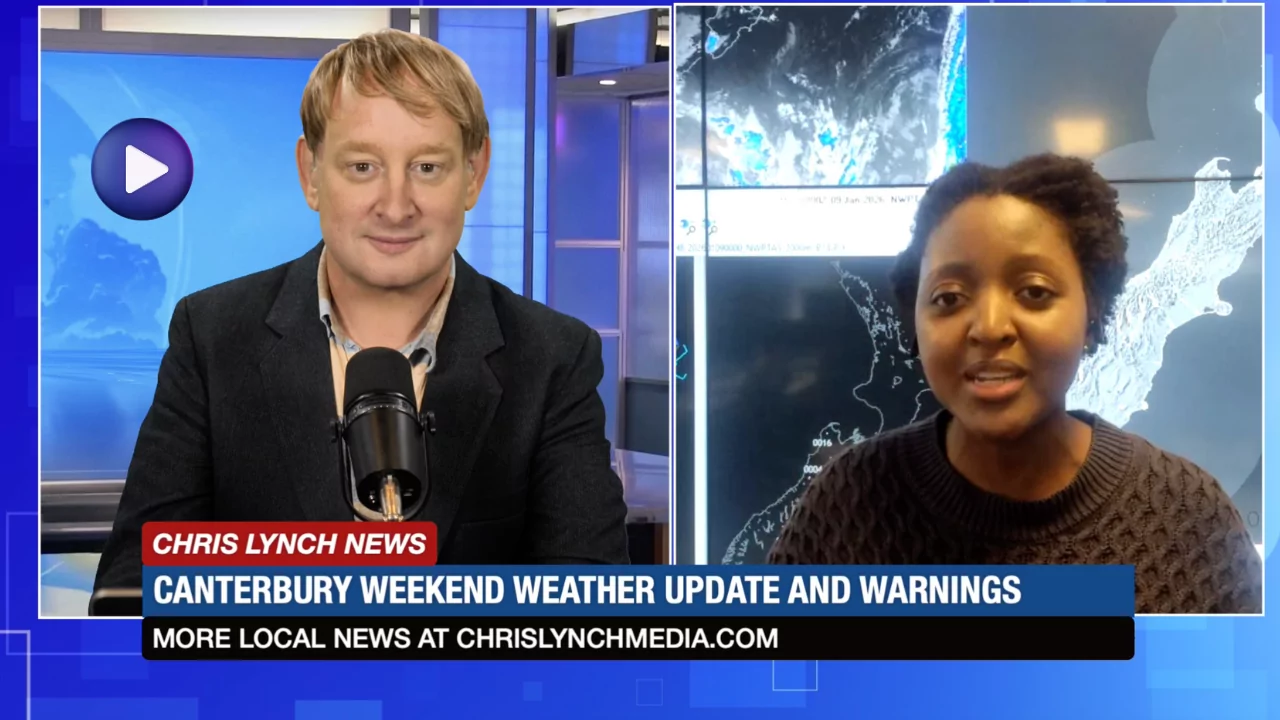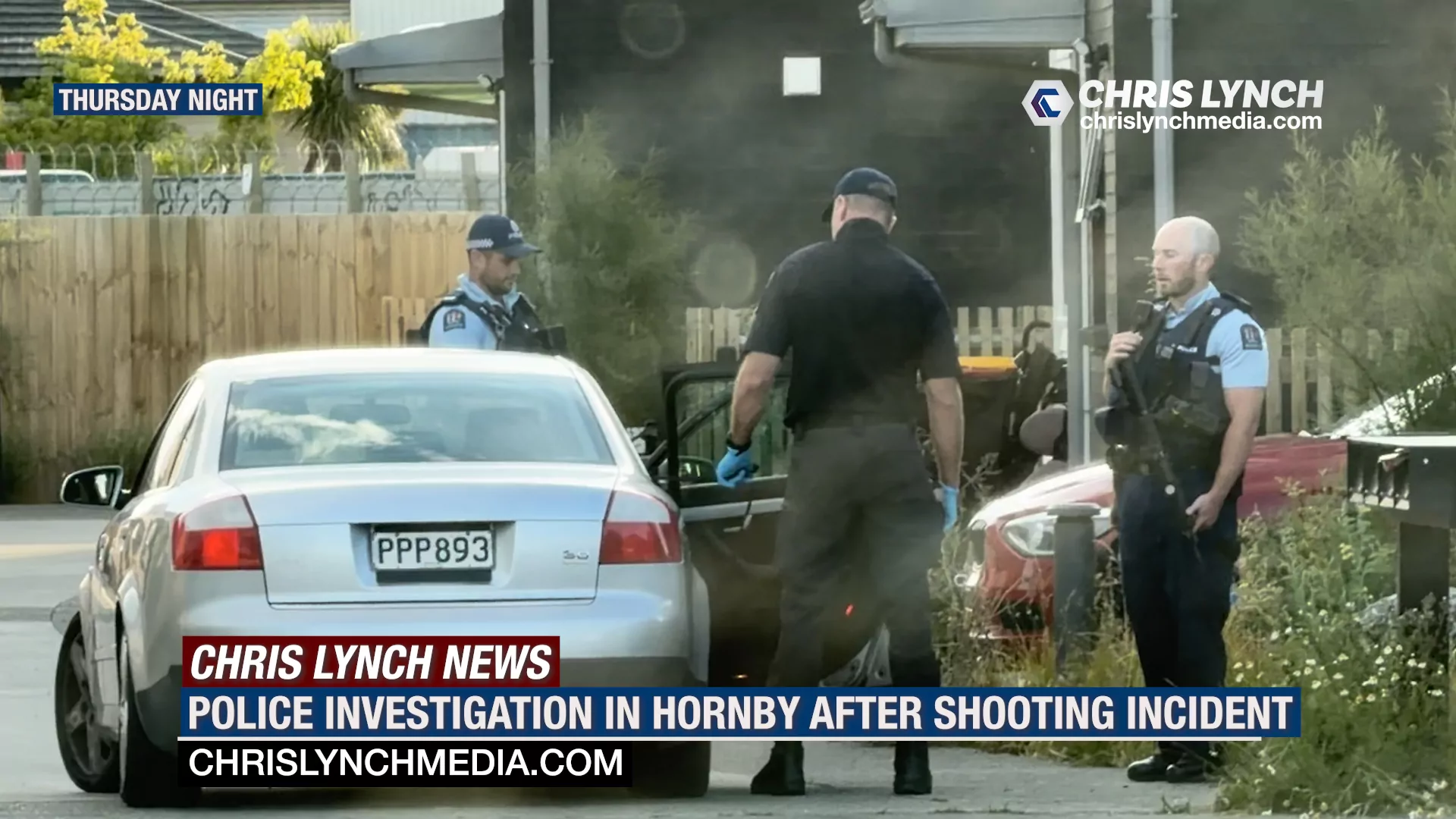Escaped youth tracked by Eagle helicopter, found hiding in New Brighton
The young person who escaped from a youth justice facility in Rolleston has been located...
Labour List MP Tracey McLellan and Banks Peninsula MP Vanessa Weenink both agree more needs to be done to deliver meaningful competition in the supermarket sector to bring down grocery prices for New Zealanders.
Legislation will be introduced in November to amend the Fast-Track Approvals Act, allowing new supermarket developments that improve regional or national competition to qualify for accelerated consenting.
Speaking to chrislynchemdia.com, Weenink said there was strong evidence that increased competition lowers costs.
“We’ve seen really good evidence of that in Auckland. Wherever there’s a Costco, there’s not just cheaper prices at the Costco, but also for about five kilometres around it, everything’s about $1 cheaper at the other supermarket. So competition does drive down prices, and we know that,” she said.
Weenink said speeding up regulatory processes for new supermarket developments was important, but changes would take time.
“It would have been nice if Labour had actually brought in some of the changes that they’d seen in their own reporting as well,” she said.
McLellan said while Labour supported the idea of faster consenting, the Government had wasted time.
“The Government’s had two years, two years to do something. These recommendations are directly from the 2002 inquiry that we started. Families and people want cheaper prices at the supermarket now, not in four or five years’ time when some of these measures couldn’t possibly be expected to kick in,” she said.
McLellan pointed to the grocery commissioner, the banning of restrictive covenants, and opening up wholesale supply as steps already made under Labour. She said more was needed to crack down on predatory pricing and to attract new players into the market.
“There’s no easy answer, but not doing anything is not the answer. People are paying far too much, and that big duopoly is a real problem,” she said.
Cave Rock traffic lights divide community
The pair also discussed the public debate over the Cave Rock Mast lights, which have drawn strong views in Sumner and beyond.
McLellan said it was a reminder of how passionate communities could be.
“I can’t remember the last time something that kind of looks simple on the surface has really captured people’s attention the way that this has. We have to be cautious about consultation, because consultation isn’t voting. It’s not a referendum,” she said.
Weenink said many in the community were frustrated that consultation could feel tokenistic.
“I’ve seen a couple of times where there’s been Council consultation on a topic, and the community response has been really overwhelming in one direction, and then the council’s decided they’re going to do something else, which is what they were going to do anyway. It can sometimes feel like a tick box exercise,” she said.
On the issue of speed bumps, McLellan said views often depended on whether someone lived on the street or was driving through.
“When it calms the traffic and makes things safer in your neighbourhood, those people tend to be in favour, but often it’s the people driving through that don’t like it. That’s the balance,” she said.
Debate continues on four-year parliamentary term
The MPs also weighed in on calls for a four-year parliamentary term.
McLellan said Labour was open to the idea being put to the public.
“It’d be interesting to see what people think. We’re kind of broadly in favour, certainly of a referendum,” she said.
However, she criticised ACT leader David Seymour’s proposals to attach conditions such as giving opposition parties control of select committees.
“The problem is that David Seymour’s add ons were just really confusing. Fundamentally, what we’re saying is, should it be a four-year or three-year term? But apart from that, if it’s going to be a four-year term, do we have to put some brakes on whoever the government is? We’ve got to find a better way of communicating it,” she said.
Weenink said she supported a four-year term but agreed Seymour’s suggestions would complicate the issue.
“Things like opposition parties leading select committees would just mean you held up the progress of things going through as if you’re in government. It would make it logistically difficult. I think a straightforward four versus three is a better question, and I’d love to see what the electorates think,” she said.


